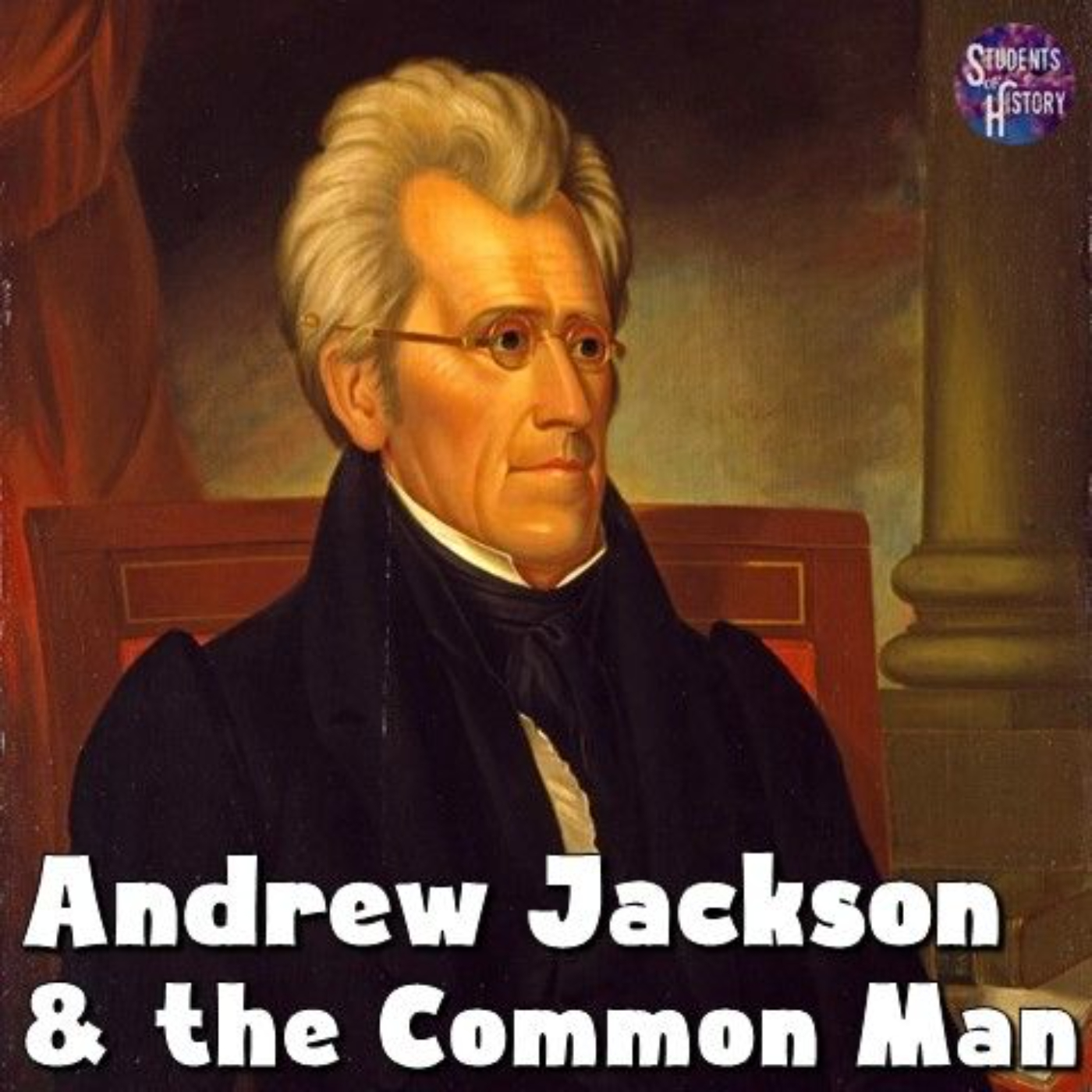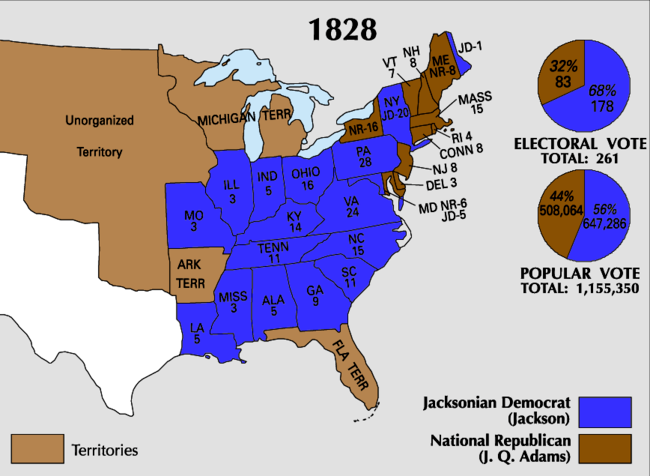Andrew Jackson and The Common Man

Andrew Jackson rose to fame in the War of 1812, famously leading a route of the British at the Battle of New Orleans.
After his military service he went into politics and forever changed the American political landscape.
An entire period would take his name with the Age of Jackson beginning in 1829. It was also known as Era of The Common Man. Jackson considered himself a spokesman of the "common man". He came from humble beginnings and claimed to act on behalf of the common American.
Before Jackson, the presidents of the United States came from wealthy, privileged, and highly educated backgrounds and families.
Andrew Jackson’s humble beginnings resembled that of many Americans, and they embraced him unlike any previous president.
Jackson’s presidency shifted politics towards democratic ideals that served the common classes instead of wealthy aristocrats.
Jackson was born on March 15, 1767. His parents were Irish immigrants with little means. His father died weeks before he was born, adding to the difficulty in his early life.

At the age of 10, he joined the independence movement by becoming a courier during the Revolutionary War.
His two older brother’s died fighting in the war and Jackson was captured and held as a prisoner of war by the British army. He famously refused to polish a British officer's boots and was slashed across the forehead with a sword.
Andrew Jackson survived the war and grew up to become a lawyer and later a successful plantation owner. He purchased the Hermitage plantation in 1804 and began a cotton farm with nine enslaved Africans he used for labor.
He expanded the plantation and purchased more people at auction and enslaved 95 people (17 women, 19 men, and 59 children) by the time he was elected president in 1828.

Jackson first ran for president in 1824 and actually received the most votes. However, he did not win enough electoral votes and John Quincy Adams was chosen as president by the House of Representatives. Jackson alleged that this was a "corrupt bargain" and vowed revenge.
He was elected president in in the next election in 1828. This was the first election between the new Republican and Democratic Parties, with Jackson leading the new Democratic Party.
A major reason for Jackson's victory was the removal of property ownership as a voting requirement. In 1800, only three states (Vermont, New Hampshire, and Kentucky) had universal white male suffrage.
By the time Jackson took office, 10 states permitted white male suffrage without qualification, 8 limited it to taxpaying white males, and only 6 states required voters to own property in order to vote.
Black men would not be guaranteed the right to vote until 1870, women in 1920, and Native Americans not until the Snyder Act of 1924.
Jackson became the first president whose home state was not Massachusetts or Virginia.
He believed in having a small but strong federal government and held that every man (or woman) should be self-made, toil the earth and rely on his (or her) own independence.
During his presidency white men who did not own land gained more political power and the economy favored industry and American agriculture.
Jackson was against central banks because he thought they only helped the rich. As President of the United States, Andrew Jackson tried to represent the rise of the common man through changes he would make to the American political system.